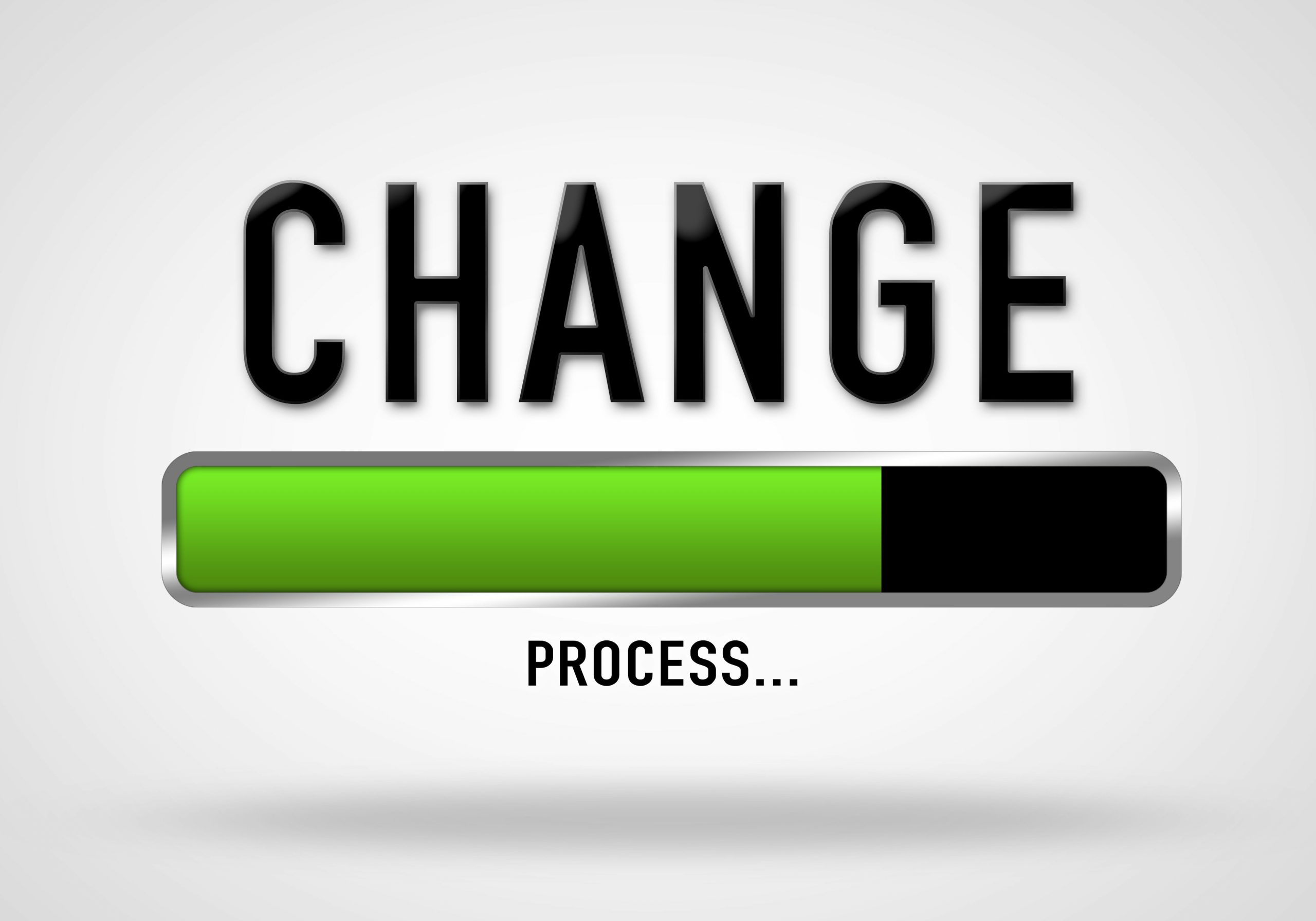“All fixed set patterns are incapable of adaptability or pliability. The truth is outside of all fixed patterns.” — Bruce Lee
Change is challenging. No one really likes to change, not even us as leaders. Unless the change of course is our idea! John Maxwell says it like this, “Most people are more comfortable with old problems than new solutions, because the new represents the unknown.”
It’s awkward to do something new. We are creatures of habit. When I was first working to get myself into a morning routine, where I was up early enough to spend quality quiet time in the bible, read from a book or study, write a blog, and get my exercise time in, I remember when that alarm would go off @ 5am, I wanted to throw it out the window. After all, I didn’t have anybody holding me accountable. Who was going to come down on me for going back to be until 7am? Nobody! But now as I realize how much I’ve grown, getting my personal growth time every day, I realize how important it was to me as a leader to make the change in my own life! Change can definitely have a way to make us feel insecure, and uncomfortable, that is for sure!
How many times have you kept a cancerous employee or a toxic friend around, because you KNEW that it was going to be a big change not having them? Even though we know deep down inside, it would be best for us! When I think about some of the growth challenges we faced over the years, that one always stings to think about.
As leaders, it’s important to recognize that change is a difficult process for the people we lead. You have to remember they aren’t in your head as you’re dreaming of a better tomorrow, and they can’t see your heart for why things need to change. It’s your job to show them your heart and allow them inside your head.
So we all know that change is necessary, but here’s something we can’t ignore: it is absolutely vital for your team to accept the change you need to grow!
Consider these three things as you seek to help your people accept change:
- 1. Slow the heck down! — If you run too far ahead of people, it creates an information gap. When people don’t know how to fill that gap, it’s easy for them to develop negative assumptions about your leadership. Those assumptions, in turn, create barriers to change. That’s why it is so important for you to slow down and be available as you seek to initiate change—it gives your people enough time to ask questions and create buy-in for what’s happening within the Team.
- 2. Communicate clearly and simply — How do you know when your message is clear and simple enough? When the people that hear it can share it with others. That’s the magic! Leaders who effectively communicate their plans for change create advocates who champion those plans to the rest of the team. This enhances unity among the team and multiplies buy-in. I call this cascading growth!
- 3. Make time for your people to process ideas — I understand personally this struggle very well. You see a need for change, so you strategize and analyze for hours and sometimes days until you come up with a good solution, and now you’re ready for action. But when you tell your team, they look at you like you have five heads! That’s because they weren’t with you through the process. Taking action and not communicating before your key people accept the change will always lead to problems. That’s why it is so important to build in time for them to accept the change.
No matter how good or necessary change is for you and your organization, it will ultimately fail if your people don’t accept it. The waters we are navigating through today are NOTHING like they were three years ago. And if you are not proactively working to grow and make changes in your leadership, you are backsliding and it’s always harder to get back up once you’ve pummeled down that slope. If you want to get the best results from your team, you need to buy into this reality and work hard to help you and your people accept change before asking them to implement it.
I love this quote by Rick Warren, “The greatest enemy of tomorrow’s success is yesterday’s success.” Each day brings new challenges, and the best leaders I know adapt to those challenges. The leader who can lead change effectively will produce a team that not only welcomes change, but also champions it with others!
Takeaway question – What have you been holding off on changing up in your life because you know it’s going to be hard work?

